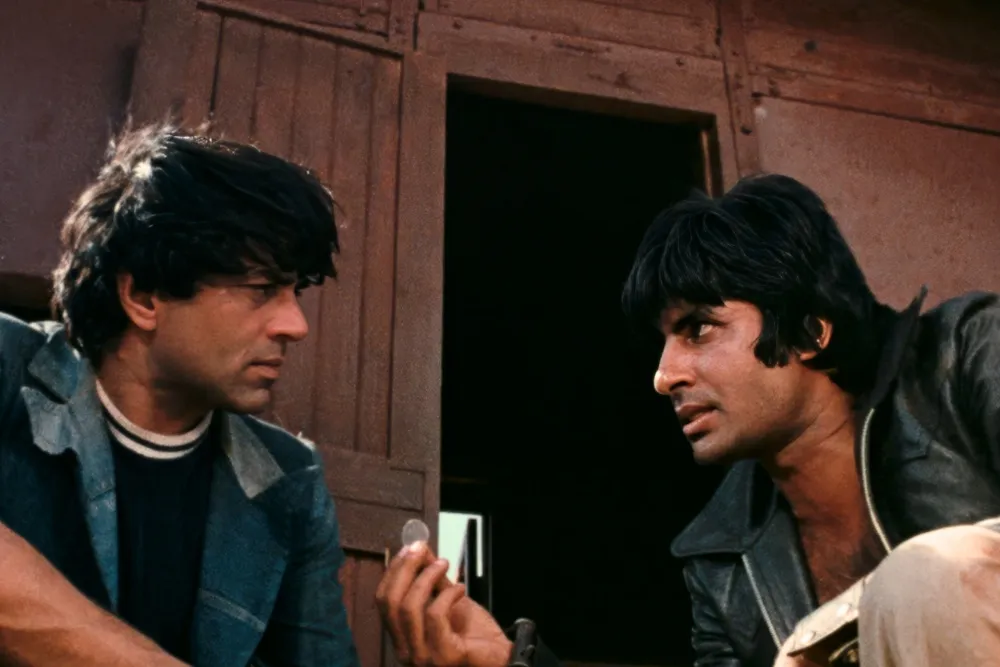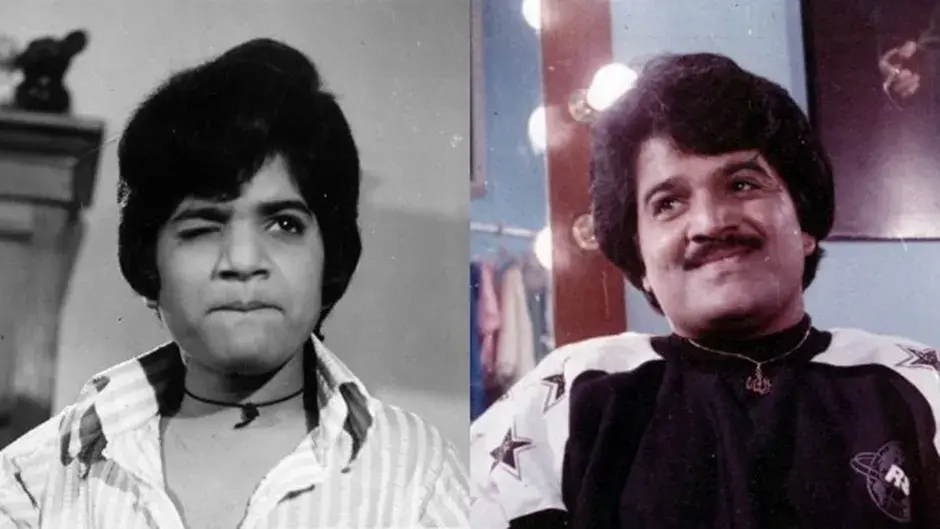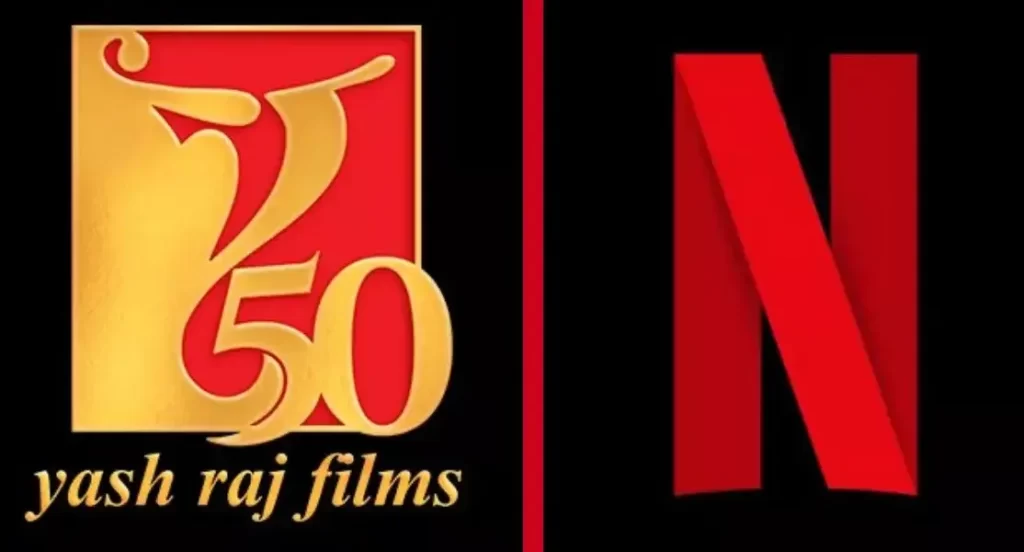Restored ‘Sholay’ with Original Ending Set for World Premiere in Italy to Mark 50th Anniversary
An uncut, newly restored version of the legendary Bollywood classic Sholay is set to make its global debut at the Il Cinema Ritrovato Festival in Bologna, Italy, on June 27. The film will be screened on the iconic open-air screen at Piazza Maggiore, celebrating 50 years since its original release in 1975. This special version includes never-before-seen footage and the original ending — where the iconic villain Gabbar Singh meets his end at the hands of Thakur, a sequence that was removed from the original theatrical cut following censorship by the Central Board of Film Certification (CBFC). The restoration is the result of a three-year collaboration between Film Heritage Foundation and Sippy Films Pvt. Ltd., aiming to bring director Ramesh Sippy’s full vision to global audiences for the first time. Widely considered one of the greatest films in Indian cinema history, Sholay starred an ensemble cast including Amitabh Bachchan, Dharmendra, Sanjeev Kumar, Jaya Bachchan, and Hema Malini. Reflecting on the film, Amitabh Bachchan shared in a press note that working on Sholay was unforgettable and its unexpected rise from initial box office disappointment to record-breaking success was an emotional journey. “Even 50 years later, I hope it continues to captivate audiences across the globe,” he said. Dharmendra, who played the beloved Veeru, called Sholay the “eighth wonder of the world,” praising its iconic dialogues by Salim-Javed and Sippy’s direction. He fondly recalled unforgettable scenes, especially Jai’s tragic death, as some of Indian cinema’s most powerful moments. Producer Shehzad Sippy, representing the legacy of his grandfather G.P. Sippy, revealed that while the restoration process was long and challenging, the discovery of the original climax and deleted scenes made it all worthwhile. “This has been a labour of love. I’m excited for the film to start its new journey,” he said. Film Heritage Foundation’s Shivendra Singh Dungarpur also noted the restoration challenges, particularly the lack of an original 70mm print or camera negative. “Despite the hurdles, we have worked meticulously to do justice to this cinematic milestone,” he stated, looking forward to watching Sholay under the open sky in Bologna with thousands of international film lovers. The world premiere of Sholay in its restored form promises to reignite the magic of this timeless classic for a whole new generation of viewers. Source: Indian Express







